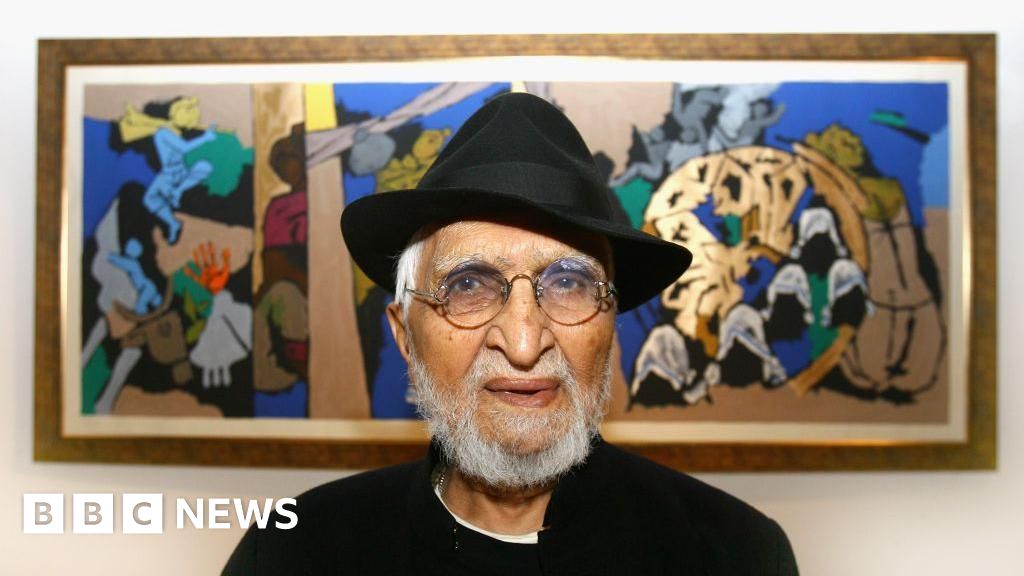Britain needs a new system of sanctions so it can defend the national interest against the country’s foes, according to former Justice Secretary Sir Robert Buckland. Sir Robert is alarmed at how Russia is able to evade sanctions using “shadow fleets” and how the UK’s prosperity is threatened by Houthi attacks on Red Sea shipping and “China’s economic coercion”.
He argues the sanctions regime must be overhauled to deal with major threats from hostile states as well as “human rights abuses, cyber-attacks, economic sabotage, environmental harm and political interference”.
His new report from the Adam Smith Institute warns “sanctioned actors have utilised new technologies to subvert and evade financial sanctions”. It presses for the “five eyes” intelligence alliance between the US, the UK, Canada, Australia and New Zealand to also share financial intelligence.
The report describes how Russia is able to get around oil sanctions using an estimated fleet of “at least 435 tankers and ships”. It identifies the need to deter foreign states from damaging British interests by harming the environment, stating: “Chinese fishing fleets, numbering in the hundreds, plunder contested waters, indirectly affecting UK seafood markets. Russia’s Arctic drilling, accelerated post-Ukraine, risks spills impacting Atlantic ecosystems.”
Sir Robert argues sanctions are also required to stop Russia distorting British elections using “bots” and to prevent China infiltrating UK universities.
Together with co-author Jasper Ostle, he writes: “The UK’s current framework, forged in the heat of past conflicts and refined through years of technocratic layering, is no longer fit for the threats of the 21st century.
“Hostile actors now exploit the blurred boundaries between war and peace, public and private, state and proxy. The traditional model – asset freezes, blacklists, and blanket bans – has become reactive, rigid, and riddled with loopholes.”
The report presses for a “tiered sanctions regime” backed up with “better enforcements tools” and “better intelligence-sharing”.
The authors state: Sanctions need not be an act of economic self-harm or diplomatic theatre. Done well, they can be precise, proportionate, and powerful - defending liberal values without undermining liberal institutions.”
Sir Bill Browder, who was a major investor in Russia before he fell foul of the authorities, said: “I think that every bad guy in the world, when they get sanctioned, finds ways to avoid sanctions. And so we need to get more sophisticated, to find ways around them and then you have to revise them so that they can’t find the loopholes.”
Pressing for a tougher stance, he said: “If the United Kingdom, the European Union and the United States were to state that buying Russian oil is in violation of sanctions, and signal to an Indian oil refinery that if you buy Russian oil then you won’t be able to sell any oil to us, and that the assets of anything it does sell would be frozen, they won’t buy any more Russian oil. Putin would be out of business in three months.”
A Foreign Office spokesperson said: “Sanctions are one of the most important tools in our arsenal and help shape the world for the better.
“Targeted for maximum impact, they have helped cut off corrupt kleptocrats, clamp down on violence in the West Bank and have choked Russia’s war machine to secure a just peace in Ukraine.
“Our sanctions show results. Since 2022, the UK with its partners has sanctioned 2,400 individuals, frozen £25billion in assets and deprived the Kremlin of £450billion that it could have used to continue its illegal war in Ukraine.”

 6 hours ago
6
6 hours ago
6










 English (US) ·
English (US) ·